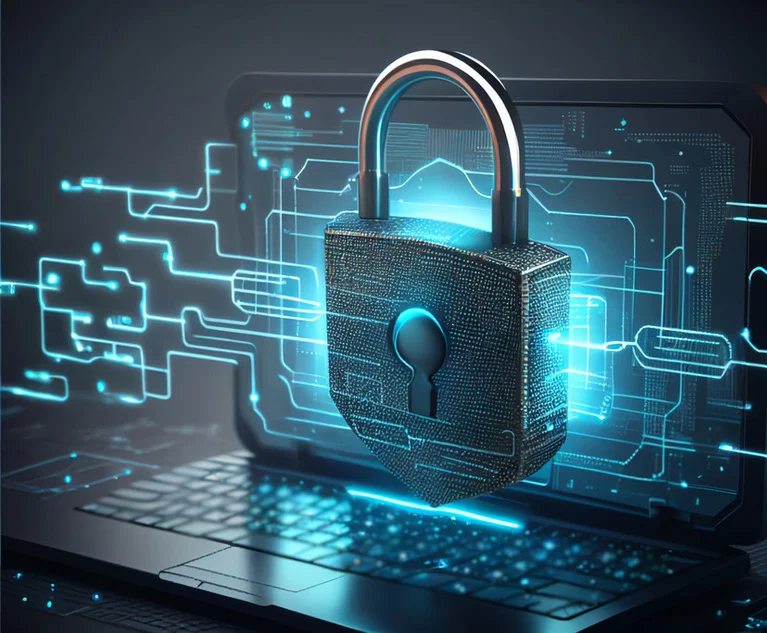Within the field of cybersecurity, the discourse surrounding encryption breaking is complex, encompassing legal, ethical, and regulatory aspects. A key component of digital security, encryption guarantees privacy and shields private data from unwanted access. But the capacity to break encryption presents difficult issues with regard to national security, private rights, and the moral application of technology. This blog delves at the legal frameworks that oversee encryption cracking, the moral quandaries that surround its implementation, and the regulatory implications that affect both persons and companies.

What is Cracking Encryption?
The act of decrypting encrypted data without authority is known as “cracking encryption.” This is usually accomplished by using a variety of strategies, such as cryptanalysis, brute force assaults, or taking advantage of flaws in encryption algorithms. It is frequently employed maliciously to obtain illegal access to private data, including financial information, passwords, and private messages. Determining the limits and ramifications of encryption cracking activities requires careful examination of ethical issues, legal ramifications, and regulatory frameworks.
Legal Frameworks: Navigating the Laws Governing Encryption
- International Perspectives on Encryption
- Encryption laws vary significantly across countries, reflecting diverse approaches to balancing security concerns with individual privacy rights. For instance:
- United States: The Fifth Amendment protects individuals from self-incrimination, which has implications for compelled decryption.
- European Union: GDPR mandates strong data protection measures, including encryption, and imposes strict penalties for data breaches.
- Encryption laws vary significantly across countries, reflecting diverse approaches to balancing security concerns with individual privacy rights. For instance:
- Legality of Encryption Cracking
- Unauthorized Access Laws: Many jurisdictions forbid unauthorized access to computer systems, which includes attempting to decipher encryption without proper authorization.
- Law Enforcement and National Security Exemptions: In the interest of law enforcement or national security, certain laws allow government organizations to intercept or force the decryption of encrypted communications.
- Court Precedents and Case Law
- Landmark Cases: Court rulings, like the one in 2016 involving Apple v. FBI, have influenced how people understand encryption cracking and how to strike a compromise between security and privacy.
- Impact on Digital Rights: Court decisions have an impact on the advocacy for digital rights because they provide guidelines for future legislative and judicial decisions.
Ethical Dilemmas: Balancing Security, Privacy, and Technological Innovation
- Privacy and Data Protection
- User Consent and Privacy Rights: Respecting user consent and shielding private information from unwanted access are two ethical considerations.
- Transparency and Accountability: Businesses must respect moral principles by safely storing encryption keys and being open about how they handle data.
- Dual-Use Technologies
- Ethics of Offensive Security: Using encryption cracking tools for offensive security tasks like vulnerability research and penetration testing is a topic of ethical discussion.
- Mitigating Harm: Cybersecurity experts and ethical hackers reduce damage by releasing vulnerabilities in a responsible manner and raising knowledge of cybersecurity.
Regulatory Considerations: Compliance and Best Practices
- Data Protection Regulations
- GDPR and Encryption: The GDPR emphasizes secure data handling by requiring encryption as a safeguard for personal data.
- Sector-Specific Regulations: To safeguard sensitive data and adhere to legal obligations, sectors such as finance and healthcare have extra encryption requirements.
- Incident Response and Reporting
- Data Breach Notifications: By law, organizations must quickly notify data breaches involving encrypted data to provide transparency and minimize harm to affected individuals.
- Regulatory Oversight: Organizations must put strong encryption and cybersecurity procedures in place in accordance with regulatory authorities’ guidelines on encryption practices.
Conclusion
The field of encryption cracking is complicated and encompasses moral, legal, and administrative issues. Our approach to privacy and cybersecurity must change as technology does. Organizations and people can properly negotiate the complexity of encryption breaking by abiding by regulatory standards, upholding ethical ideals, and adhering to legal frameworks. To protect digital information while balancing security and ethics, it’s crucial to uphold privacy rights, promote openness, and advance cybersecurity best practices. Cooperation among legislators, technologists, and activists will shape a safe and ethical digital future as we advance our understanding of encryption cracking.
